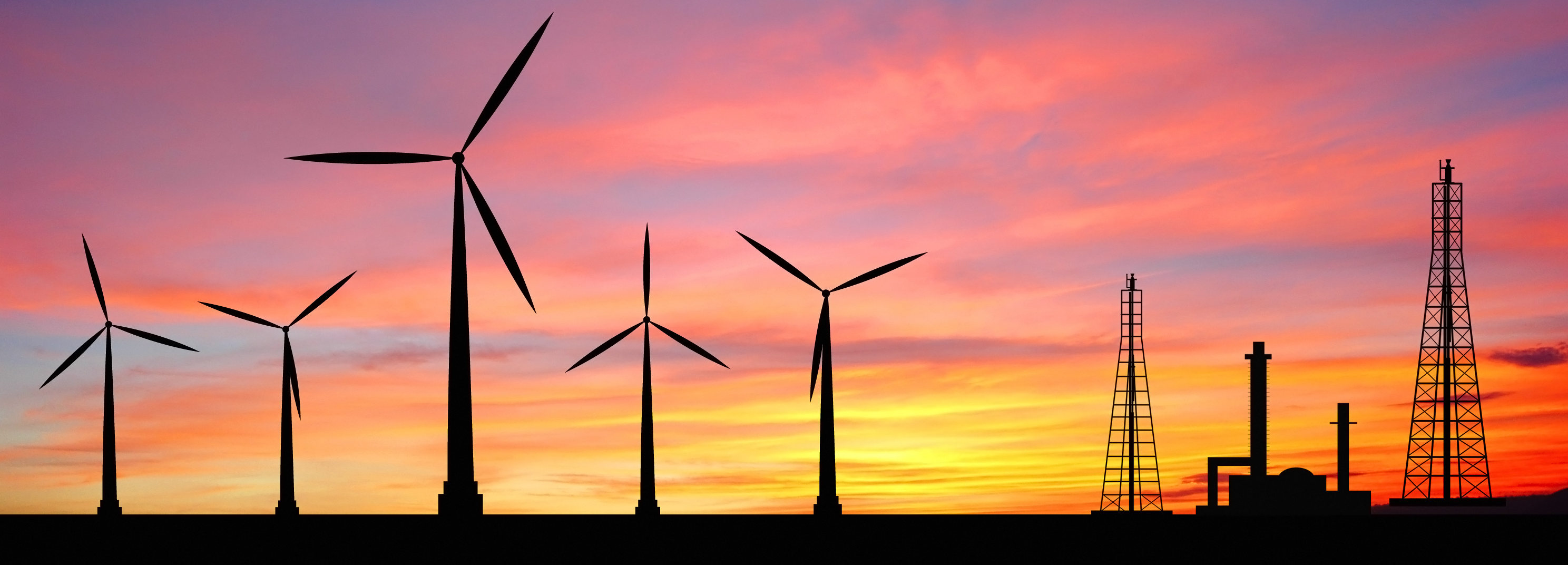In today’s talking points: China’s crude oil juggernaut to continue, but more slowly; China suspended 101 coal power plants; China to wean risky new-energy car makers off government subsidies
China’s crude oil juggernaut to continue, but more slowly
China’s crude oil imports enjoyed a robust 2016, hitting a record high. Chinese imports of crude reached 36.38 million tonnes in December, or 8.57 million barrels per day (bpd), the most in a month. For the year, crude imports were 13.6 percent higher. China appears to continue its strength in crude imports, with the nation’s oil demand forecasted to gain by 3.4 percent in 2017. China National Petroleum Corporation (CNPC) estimates net crude oil imports in 2017 will be around 7.95 million bpd, which is a significant growth but down from the pace of 2016.
Read more at Reuters
China suspended 101 coal power plants
China’s central government, the National Energy Administration (NEA), has ordered to halt 101 coal power plants within 11 provincial areas, including Beijing, Xinjiang region, Guangdong and so on. Those projects have an overall installed capacity of more than 100 gigawatts (GW), with some already under construction. Local authorities approved them because of its economic contributions to the region and growth targets themselves, however, they didn’t consider inefficiencies in the market. Currently in order to boost clean economy, abandoning or postponing coal-burning power plants becomes the priority. Wu Bohua, an analyst with Changjiang Securities, said that growth in demand for electricity is expected to be 3% to 5% in 2017, curbing on the increase in the installed capacity of thermal power.
Read more at Caixin.
China to wean risky new-energy car makers off government subsidies
New-energy car makers can get government subsidies in the future as long as they innovate in China in order to reduce fraudulent subsidy claims and industry bubble. The new requirements include energy consumption, driving range and car-safety records and so on. Chinese manufacturers of electric and hybrid vehicles haven’t developed homegrown electric-vehicle batteries, so the new policy will be a good way to give more incentives. According to Miao Wei, Minister of Industry and Information Technology, the goal to raise production of the vehicles to 2 million units by 2020 and increase sales to 20% of the total by 2025.
Read more at Caixin.


